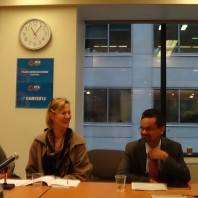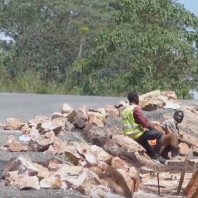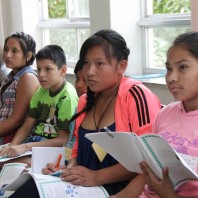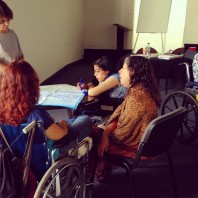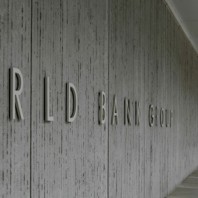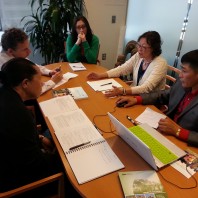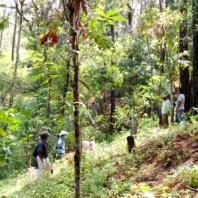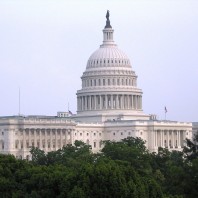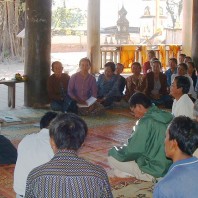This session at the World Bank Annual General Meetings 2016 Civil Society Policy Forum examines development policy financing (DPF) as a tool for scaling-up positive environmental and social impact amidst the global climate crisis. It features case study findings from recent operations that represent challenges to the achievement of World Bank climate and forest commitments …
The Annual General Meetings (AGM)* of the World Bank and IMF do not just serve as an opportunity for central bankers, finance ministers, and private sector executives to discuss the global economy and tout their accomplishments over the last year. The Bank and Fund host dozens of events to discuss global development issues with development …
In light of “multiple failures” by the World Bank in monitoring and supervising the Uganda Transport Sector Development Project, the World Bank Group announced today that they will create a “Global Gender-Based Violence Task Force to advise the institution on best practices for reducing risks to community safety in connection with our development projects.” This …
More than twenty years ago, in response to disastrous effects of its development projects, the World Bank Group (WBG) instituted the first of eight safeguard policies designed to “prevent or mitigate adverse impacts of its projects on people and the environment.” These policies formed the bedrock of a rules-based, “do no harm” approach to development …
Training with the disability community to prepare for the safeguard consultation in Lima, Peru February 2015 We have been advocating to ensure that persons with disabilities are included and taken into consideration throughout all stages of the project cycle—from design, to implementation, to monitoring—since the beginning of the safeguard review process. We have shared information …
Despite an unprecedented consultative process involving thousands of stakeholders from government, civil society, and the private sector, the review and update of the World Bank safeguard policies has proven to be a missed opportunity for the Bank to reclaim its place as a global leader in development. While the new Environmental and Social Framework (ESF) …
Under its most recent global strategy, the World Bank committed to ramp up and systematize its citizen engagement efforts, citing research showing that effective citizen engagement contributes to increased positive development results. Consistent with this commitment, the Bank is poised to approve a draft Environmental and Social Framework (ESF) containing a brand new policy on …
Forests are a livelihood source for an estimated 1.6 billion forest dependent peoples, many of whom are indigenous. These forest dependent peoples comprise 90% of the world’s people living in extreme poverty. It is vital that the World Bank’s safeguard policies ensure protections and rights for these communities, at a time when their resources are …
Today, the Tom Lantos Human Rights Commission announced that its co-chairs, Congressmen James P. McGovern and Joseph R. Pitts, have issued a statement urging the World Bank to incorporate robust protections for human rights into its social and environmental safeguards. The US Congressmen “strongly encourage” World Bank President Jim Kim to “heed the calls of …
If key changes are not made to the World Bank’s proposed new safeguards, the updated framework could prevent communities from meaningfully participating in the development process. U.S. law and longstanding World Bank practice have recognized for decades the importance of providing communities with enough time to understand and voice concern about potentially harmful projects. Procedural …

